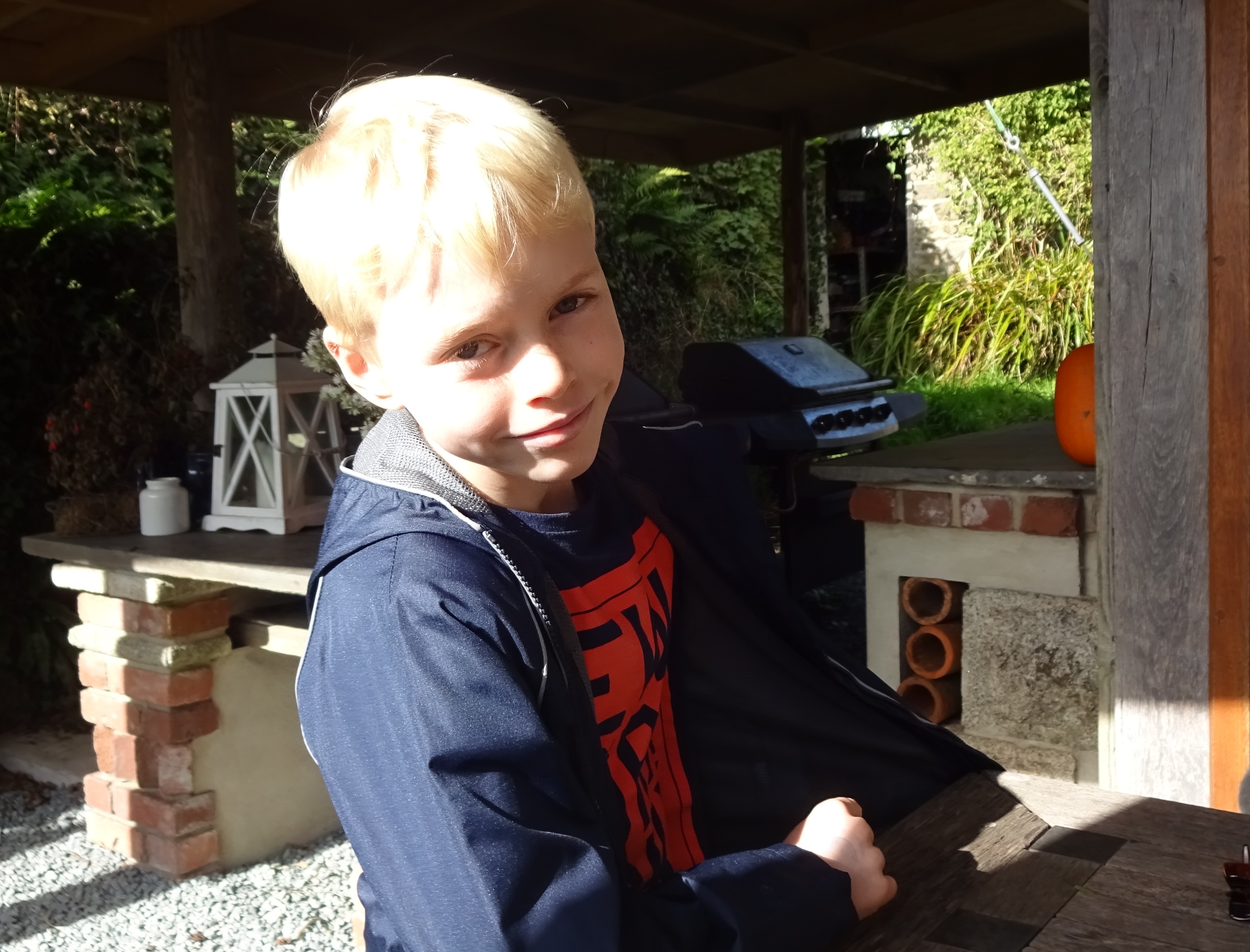Current statistics
Get daily, weekly, monthly organ donation statistics and more...
Max and Keira’s Law, also known as the Organ Donation (Deemed Consent) Bill 2017-19, or 'opt-out’ bill, has today been granted Royal Assent, giving formal confirmation that the Bill will now become law.
From spring 2020, all adults in England will be considered as potential organ donors when they die unless they had recorded a decision not to donate or are in one of the excluded groups. These excluded groups include people who have been ordinarily resident in England for less than 12 months, under 18s and people who lack the capacity to understand the change.

Families will still be involved before any organ or tissue donation goes ahead and NHS Blood and Transplant Specialist Nurses will continue to speak with families about their loved one’s decision.
Anthony Clarkson, Director of Organ Donation and Transplantation for NHS Blood and Transplant, says:
“Our research shows that eight in ten people in England say they definitely want to donate or would consider donating some or all of their organs. However, as it currently stands, only just over a third of adults have told their partner or family that they want to donate their organs after they die.
“We hope that once this new law is implemented in Spring 2020, we will see more people and families agreeing to donation, enabling more lifesaving transplants to take place as has happened in Wales since their move to an Opt-Out organ donation system.
“For those who have not thought about organ donation before, it is important to know that there is time to consider your options and make an informed donation decision. We have information available on our website, and a public information campaign running throughout the year will help answer people’s questions. The ability to record a decision to donate, or not to donate, your organs is already in place and these decisions will of course be respected.
“We hope that the new law encourages more people to have the conversation about organ donation and people have time to do so before the law comes into effect. Even after the new law is implemented, our Specialist Nurses will still speak with a potential donor’s family and we know that families who have spoken about donation previously find it much easier to support their relative’s decision, whatever that decision is.
“Right now, over 6,000 people in the UK are on the transplant waiting list, while last year over 400 people died waiting. Organ donation will always be a precious gift and if more people are inspired to support and agree to donation, then many more lives can be saved.”
A recent NHS Blood and Transplant survey, carried out in January, showed that 37% of the population aged 16 years or over in England are currently aware that the law around organ donation will be changing, with 73% of these understanding what the change in the law will be1.
An information campaign, designed to support and increase public awareness and understanding, is currently being developed and will be launched later this Spring.
Max Johnson, the 10 year old heart recipient (pictured above), whose name – along with that of his young donor, Keira Ball is given to the law, in recognition of his campaigning efforts which helped bring in the new law, says:
“Thank you to everyone who has supported this law change. Even if it saves just one life, it will be worth it. I know what it is like to wait for an organ, so I hope the change in law will mean people won't have to wait as long in the future. I feel happy because I think the law change will make a difference."
His parents, Emma and Paul, add:
"Whilst the law change is a wonderful legacy for Max and Keira, this is just the start. Our hope is that it will trigger a deeper understanding of the importance of discussing our organ donation wishes with loved ones and that the taboos around discussing what happens to our bodies when we die, can be broken.
This law change is a catalyst for culture change and our hope is that the accompanying education and awareness campaign will put the topic of organ donation on the conversational map and a bigger part of public consciousness.
It is a fact that eight out of nine top organ donating countries have a 'Opt Out’ approach. This demonstrates that 'Opt Out' systems save lives. We feel that 'Max and Keira's Law' symbolises the two sides of organ donation - the brave struggle of recipients and the legacy of the incredible organ donors and their families, including of course Keira, who will never be forgotten."
Key points to remember:
About NHS Blood and Transplant
NHS Blood and Transplant is a joint England and Wales Special Health Authority. We provide the blood donation service for England and the organ donation service for the UK. We also provide donated tissues, stem cells and cord blood. We are an essential part of the NHS, saving and improving lives through public donation.
About organ donation
Get answers to some of the key questions around the changes to English organ donation.
Organ donation laws vary in different countries across the United Kingdom.

It takes just two minutes to register online.

Get daily, weekly, monthly organ donation statistics and more...